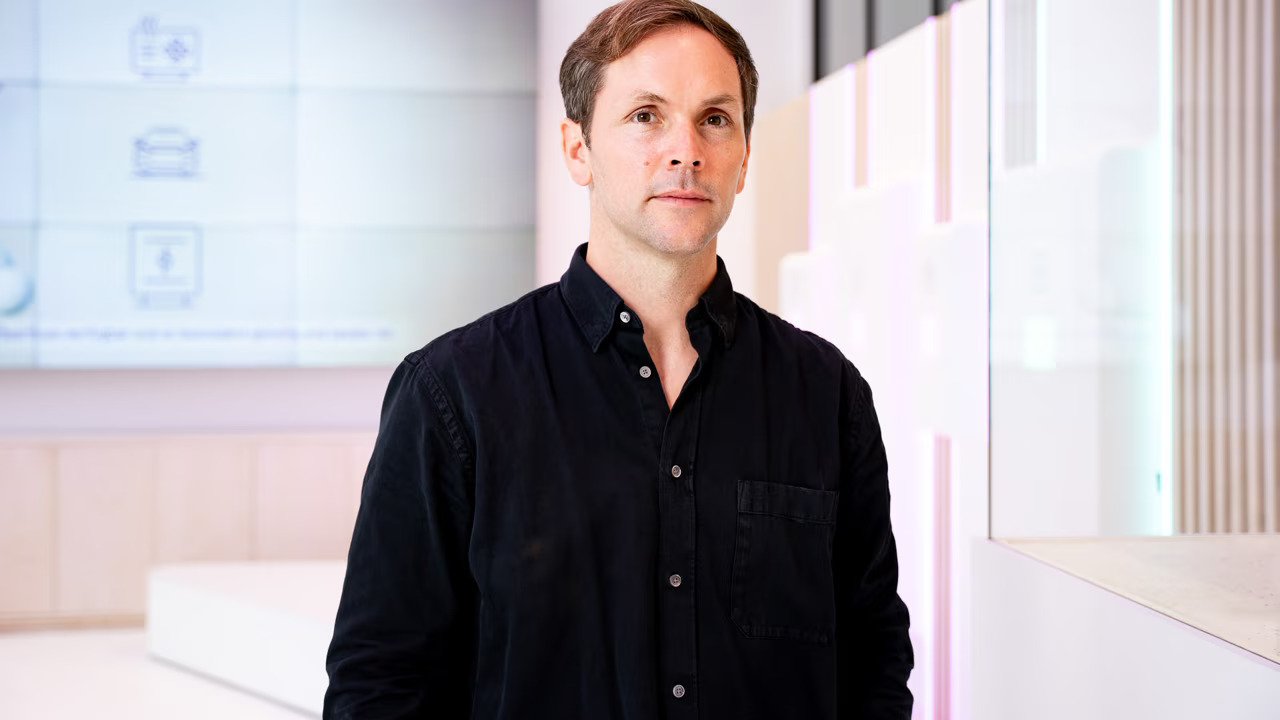German energy unicorn 1KOMMA5° has officially filed a complaint with the European Commission against the German government's planned power plant strategy.
The reason: the plans to expand fossil gas power plants by at least 20 GW by 2030 distort competition and unnecessarily drive up the costs of the energy transition. The complaint targets the proposed subsidies, which the EU must approve under state aid law.
The German government has repeatedly commented on its plans over the past months. According to the government's plan, gas-fired power plants will be subsidised in two stages: first, during construction via tenders and second, during operation via a central capacity market – even when not in use.
According to the government, this is justified by concerns over the security of supply. However, under state aid law, subsidising new gas-fired power plants would only be allowed if there are no distortions to competition and the measures are technology-neutral, necessary and proportionate, i.e. if no better, subsidy-free instrument exists.
1KOMMA5° considers the power plant strategy not to meet the conditions of the state aid framework and has explained this to the Commission.
With its complaint, the company officially intervenes in the ongoing state aid proceedings and positions itself as an ‘interested party’, according to EU law. Philipp Schröder, CEO and Co-Founder of 1KOMMA5°, says:
"The planned gas-fired power plants are intended to operate when solar and wind power are insufficient.
Decentralised systems, like virtual power plants, can do precisely this. In the event of supply shortages, they reduce the electricity consumption by shifting it to different moments or by providing additional electricity from private batteries and electric cars when needed."
1KOMMA5° currently aggregates more than 600 MW of flexibility capacity, making it one of Europe's largest virtual power plants for residential customers. By 2030, the company aims to control a total of 20 GW of capacity, thereby bundling a capacity equivalent to that of the newly planned gas-fired power plants.
The company considers the planned subsidies a market intervention that distorts competition in the energy market. Schröder adds:
"We need technology-neutral competition between centralised and decentralised power plants in which generators and flexibility solutions are treated equally and promoted on the same terms.
The goal should be to ensure the best solutions for the lowest electricity prices and the most secure electricity system through more competition."
Discrimination against dynamic alternatives and virtual power plants
Both the tenders and the capacity market discussed would systematically and disproportionately discriminate against more cost-effective alternatives. Under these proposals, producers would not be remunerated based on their generated electricity, but simply based on the capacity they provide.
Decentralised flexibility, which exhibits a more dynamic capacity, would thus be further pushed out of the market, and the price of electricity will continue to rise for consumers through additional levies.
According to 1KOMMA5°, the Federal Government's plans are one-sided and unnecessarily harmful to virtual power plants, jeopardising jobs and “the innovative strength of numerous energy service providers, cleantech companies and startups.”
Mandatory hedging offers a way forward
1KOMMA5° calls for fair competition and technology neutrality to ensure equal treatment of all market participants. It contends that security of supply can rather be maintained through alternative mechanisms such as a mandatory hedging obligation — requiring energy market actors to secure their anticipated demand ahead of time and thereby guarantee a certain level of availability of supply. Under this option, EU state aid approval is not required, and the solution could be introduced immediately.
Philipp Schröder comments:
"The power plant strategy should not unilaterally reinforce old structures, but should prioritise the most economical and climate-friendly solutions.
A fair market will directly benefit consumers by reducing electricity prices. The planned combination of subsidies for new gas-fired power plants on the one hand and payments through the capacity market on the other is, in our view, an unacceptable intervention that will burden consumers with much higher costs.
It also threatens billions of euros in investments from Europe's leading energy service providers and cleantech companies, as well as installers and startups."
Lead image: Philipp Schröder, CEO and Co-Founder of 1KOMMA5°. Photo: uncredited.



Would you like to write the first comment?
Login to post comments